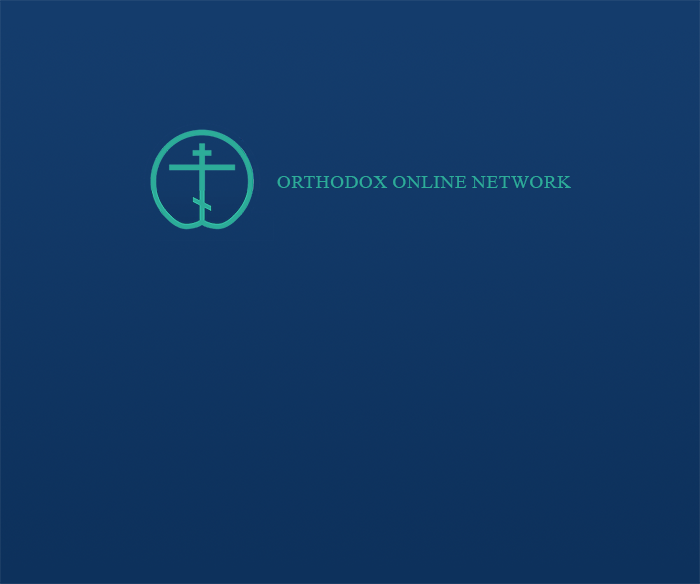The history of divine management in the Old Testament begins with a great figure, Abraham, whose name means “father of many.” In the New Testament, Abraham's life and deeds were read as if they were a preview of the most important saving events that Jesus Christ accomplished.
Abraham was the first to receive God’s covenant that he would save all the nations and clans of the earth, when God called him to follow him: “Go from your land and your clan and your father’s house to the land that I will show you, and I will make of you a great nation and I will bless you and make your name great, and you will be a blessing. And I will bless those who bless you, and I will curse those who curse you, and through you all the families of the earth will be blessed” (Genesis 21:1-3). Abraham responded to his God’s call without hesitation. This covenant - the promise that God made to Abraham was fulfilled through Jesus Christ, through whom all the nations of the earth were truly blessed and will be blessed. That is why Mary said when she was awaiting the birth of her son: “For from now on all generations will call me blessed... just as he promised our fathers to Abraham and his descendants forever” (Luke 1: 48-55). That is why Zechariah, the father of John the Baptist, also said: “To show mercy to our fathers and to remember his holy covenant, the oath which he swore to Abraham our father to grant us blessings” (Luke 1: 72-73). The entire New Testament bears witness to this fact that God's covenant with Abraham was fulfilled through Jesus Christ. It is worth mentioning that what is meant by “the seed of Abraham” with whom God establishes His covenant “and in your seed will all the nations of the earth be blessed” (Genesis 22:18 and other places) is none other than Jesus Christ, because the Apostle says: “And the promises were spoken to Abraham and to his seed. He does not say, “By descendants” he means many, but “by your offspring” he means one, which is Christ” (Galatians 3:16).
Abraham's faith is par excellence the example of faith for those who are saved in Christ. The New Testament stresses the importance of faith in obtaining salvation, and Abraham provides us with a model for this faith: “Abraham believed God, and it was credited to him as righteousness” (Romans 4:3). But the Apostle James shows us another picture of Abraham that complements the first picture, which is the marriage of faith and works: “Was not Abraham our father justified by works when he offered up his son Isaac on the altar? So you see that faith worked with his works, and by works faith became complete, and the writing was fulfilled that says, “Abraham believed God, and it was credited to him for righteousness, and he was called the friend of God” (James 2:21-23). Abraham obeyed God’s command to offer his son Isaac as a sacrifice, but at the last moment God ransomed the boy with a ram, saying to Abraham: “You fear God, and have not spared your son, your only son, from me” (Genesis 22:21). Abraham's sacrifice is not just an expression of his faith, but it is also a sign that indicates what God alone was intending to do without humans, which is to offer his only Son as a sacrifice for the life of the world. God did not send a ram from heaven to ransom his son who was crucified, but rather gave him “so that everyone who believes in him will not perish but have eternal life” (John 4:17).
Christ is the only priest according to the order of Melchizedek, and Melchizedek is the priest of the Most High God who blessed Abraham, and Abraham paid him a tenth of everything. He “has no father, mother, or lineage, and his days have no beginning and his life have no end, and he is like the Son of God...and he remains a priest forever and ever” (Hebrews 7:1-3). What is noteworthy is that the Melchizedek priesthood preceded in time the Levitical priesthood, as for his offering, it consisted of bread and wine: “And Melchizedek king of Salem brought forth bread and wine, for he was a priest of the Most High God” (Genesis 14:18).
In the New Testament, God revealed himself as one God in three persons: the Father, the Son, and the Holy Spirit. There is an important incident in the life of Abraham, in which three men appeared before whom Abraham prostrated himself and spoke to them in the singular, as if he were speaking to an individual man. He addressed them by saying: “My Lord,” and he also hosted them to his table (Genesis 18: 1-5). These three gave him good news that he would have a son from his elderly wife, Sarah. The Church saw in this appearance an image of the Holy Trinity. Since it is not permissible to depict the Father and the Holy Spirit, icon painters, including Saint Andrei Rublov, painted an icon symbolizing the Trinity, which in fact was inspired by Abraham’s hospitality.
We find, then, in the life of Abraham, prior images that pave the way for the supreme revelation that took place in the Lord Jesus, from sacrifice to salvation through faith and deeds, passing through the Melchizedek Priesthood, and ending with a reference to the Holy Trinity. Abraham alone was called the friend of God, or in other words, the beloved of God. Through the blood of Jesus Christ, we have all become friends and loved ones of God sitting at His table prepared for eternal life.
My parish bulletin
Sunday, February 22, 1998
Issue 8

